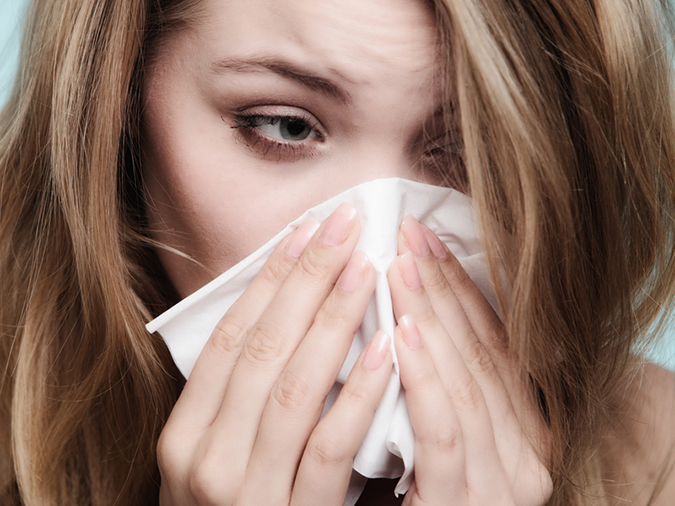
Key facts
- Antihistamines are medicines that you can take to treat allergies.
- Antihistamines can help your symptoms if you suffer from allergic conditions, for example, allergic rhinitis, allergic conjunctivitis, hives, allergic reactions to insect bites or stings.
- Antihistamines can also help if you have mild or moderate acute allergic reactions such as to food, dust mites or pet hair.
- There are 2 main types of antihistamines: sedating antihistamines that can make you feel sleepy, and non-sedating antihistamines that usually don’t make you sleepy.
Allergies and histamine
Your body can become sensitive to things around you, such as foods, plants, animals and medicines. If you are allergic to something, it is called an allergen.
When the body is exposed to allergens it releases histamine, a chemical that is an important part of your body’s immune response. Histamine makes you sneeze, makes your nose run, and makes your eyes and skin itch, become red and swell up. In a way, it is trying to get you to sneeze out or scratch away the allergen.
Treating allergies and allergic reactions with antihistamines
Antihistamines are medicines that act by blocking the body’s response to histamine in different parts of the body. This reduces the severity of the reaction and eases the symptoms of allergy.
Antihistamines are commonly used to treat a number of conditions related to allergies and hypersensitivities such as:
- hay fever (allergic rhinitis)
- hives (urticaria)
- allergic conjunctivitis
- eczema (dermatitis)
- asthma
- reactions to bites and stings
Some antihistamines block histamine in the stomach and reduce acid production, and are therefore used to treat heartburn and indigestion. These antihistamines are different from those used to treat allergies.
Oral antihistamines can be used to treat all of the symptoms of an allergic reaction. Others come as eye drops or nasal sprays, for treating specific symptoms only. Some oral antihistamines may have a sedative effect, but others are non-sedating or non-drowsy.
Side effects of antihistamines
Some people get side effects from oral antihistamines such as:
- tiredness
- drowsiness
- headache
- dry mouth
- upset stomach
They usually don’t last long.
If you use antihistamines you should be careful when operating machinery, such as driving a car. Even non-sedating antihistamines can make some people drowsy.
You should talk to a pharmacist or doctor before taking an antihistamine if you:
- have kidney or liver disease
- are a woman who is pregnant or breastfeeding
- are a man with prostate enlargement
People with porphyria should talk to their doctor or pharmacist before taking antihistamines.
If you have any questions or concerns about antihistamines, please talk to your doctor or pharmacist.


